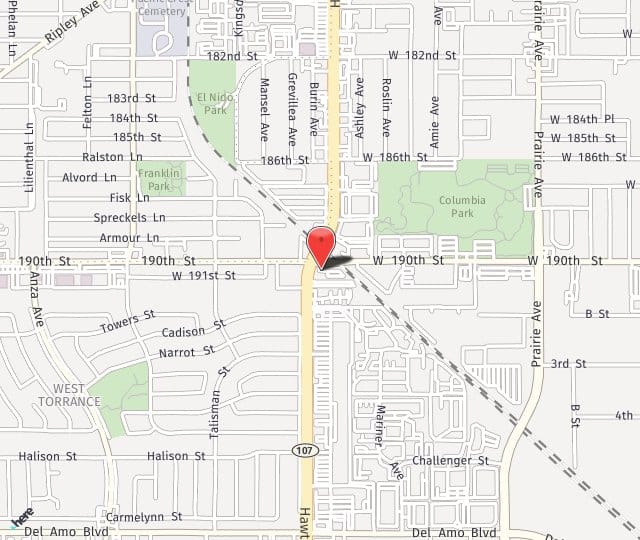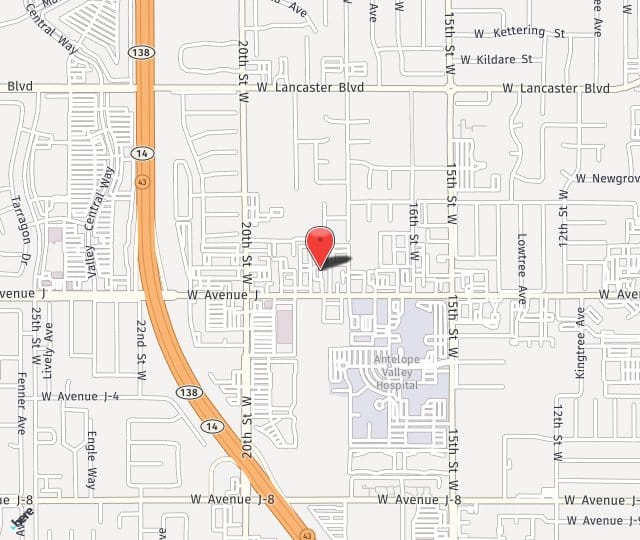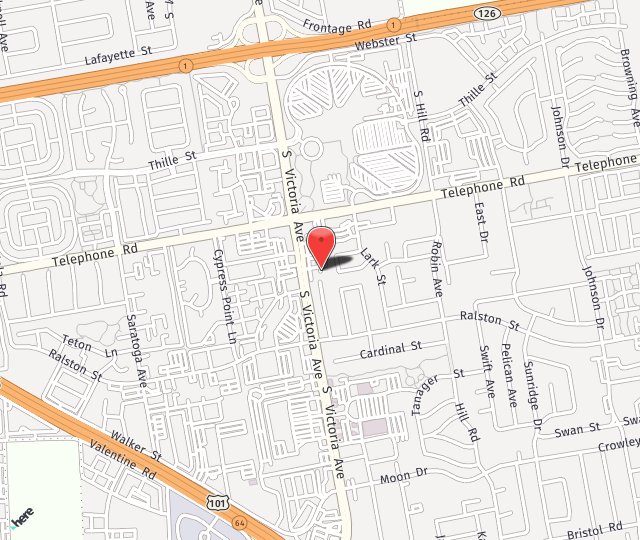Types of IOLs
A wide range of replacement lenses are available to cataract patients, each offering different advantages for post-surgery vision. The most effective lens to use depends on the patient’s individual preferences and goals for their vision. The lenses eliminate the need for glasses or contacts after cataract surgery, providing most patients with convenient, effective results for their specific vision conditions.




